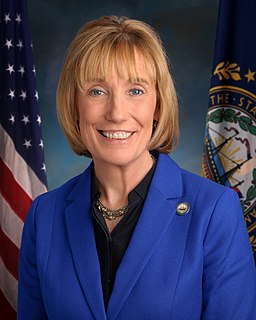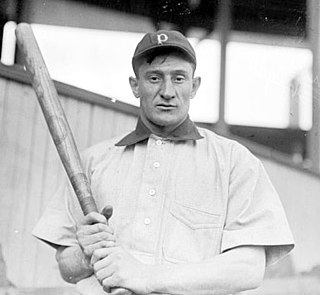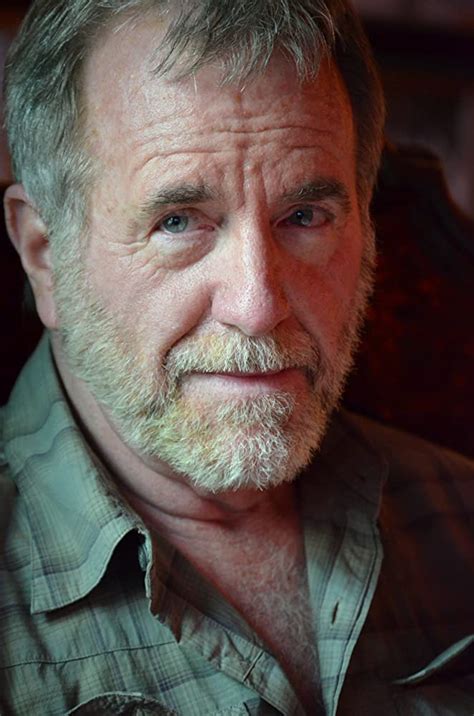A Quote by Sheryl Sandberg
And what I saw happening is that women don't make one decision to leave the workforce. They makes lots of little decisions really far in advance that kind of inevitably lead them there.
Related Quotes
There are really good reasons to leave the workforce or work less or take a different job when you want to be with your children. I just want women - and men - to make that choice once they have the child. Not years in advance, because... they don't get the right opportunities. They give up before they even start.
The kind of loving women and men have in them and the ways it comes out from them makes for them the bottom nature in them, gives to them their kind of thinking, makes the character they have all their living in them, makes them then their kind of women and men and there are always many millions made of each kind of them.
We have to help decision makers realize that women's reproductive health rights are civil rights and that women need to be free to make the same decisions that men are free to make with regard to health care and whether and when to have a family. It's going to be increasingly important for women to speak up not only about being able to make our own decisions, but also about the importance of being trusted to make our own decisions.
But then you say, Well, who makes the decision? Does the government make the decision? The reason this is such a national dispute and moral issue for people is because it occurs inside the body of a woman. That makes it really complicated. What are you going to do? Put women in prison? How much do we want the government to intrude on this?
I'm a very good decision maker because I have core set of principles and so I can make decisions. Decisions can be very hard and you have to wrestle with them, but I'm able to get all the data on the table and figure out what would be the best decision because decisions mean ill for some people and mean positives for others.
From making documentaries all these years, it doesn't feel right to lead someone. In narratives, I'm always trying to shoot as though it's really happening, and I trust my actors are going to make decisions that I'm going to be following. I want to follow them. It feels dishonest to be pulling back in that opening shot and leading him to his destiny.
I have no quarrel with libertarians who advance the concept of capitalism . I believe that people will decide for themselves what they want to do. The all-important thing is that they be free to make that decision and that they do not stand in the way of communities that wish to make other decisions.
































